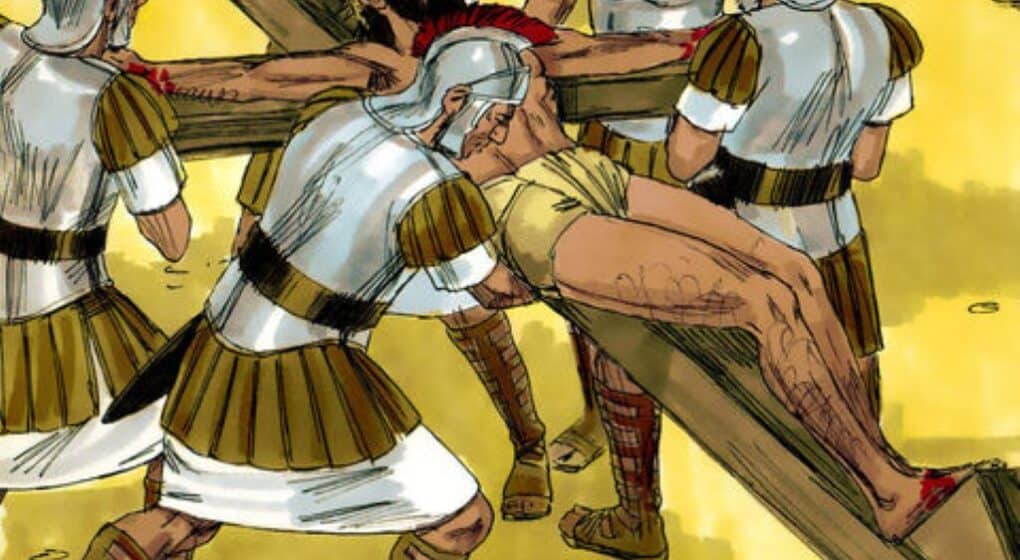
“[Forgiveness] is more than a matter of refusing to hate someone. It is also a matter of choosing to demonstrate love and acceptance to the offender. . . . Pain is the consequence of sin; there is no easy way to deal with it. Wood, nails, and pain are the currency of forgiveness, the love that heals.”- Dan Hamilton, Forgiveness (1980)
“Do not repay anyone evil for evil. Be careful to do what is right in the eyes of everyone. If it is possible, as far as it depends on you, live at peace with everyone.”- Romans 12:17 (NIV)
As Timothy Keller moves on in Chapter 10 of Forgive, he underscores the need for us to forgive the wrongdoer before we know how he/she will respond. Or whether we’ll ever see justice done in this life.
Practically, though, we must do at least some of the work toward forgiving the offender. Otherwise, we’ll seek revenge and not justice when we approach the perpetrator. Because the wrongdoer will sense our vengeful spirit and merely adopt a combat mode stance.
Next, Pastor Keller discusses common misunderstandings of forgiveness. Most significantly, forgiveness is not:
1. Excusing. When you excuse the offense, that eliminates the need for forgiveness. Because you determine that no real debt ever existed.
2. Denying or whitewashing. Pretending a sin is not a sin doesn’t equate to forgiveness. Rather, forgiveness begins as you take full measure of the debt and the cost. Thus, you must reckon (calculate) the price before it can be paid.
3. Only refraining from active revenge. Even if you refrain from active revenge, you in effect still refuse to make the inward heart payments. Instead, you wait for enough bad things to happen to the offender to cancel the debt.
4. Suspending judgment. Here the offense isn’t enough cause for full revenge – yet. However, you deposit the offense in the perpetrator’s account. And place that person on probation.
5. Weaponizing condescending mercy. Since you chose not to go after revenge, the offender owes you a lot of bowing and scraping. But this still represents a form of revenge.
6. Abandoning justice. People either believe that seeking personal revenge = justice (vindictiveness) or fail to seek any justice at all (cowardice).
Today’s question: Do you agree that the currency of forgiveness consists of wood, nails, and pain? Please share.
Tomorrow’s blog: “Complete withdrawal – all about you”

